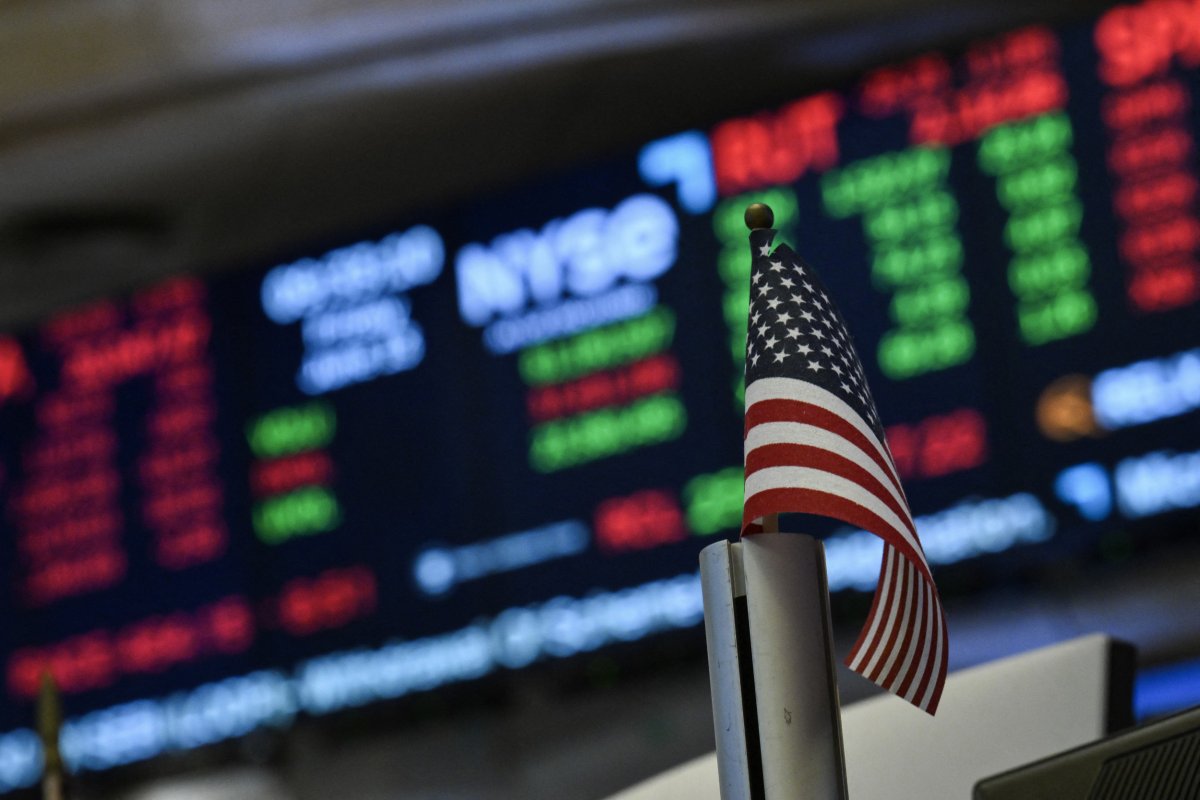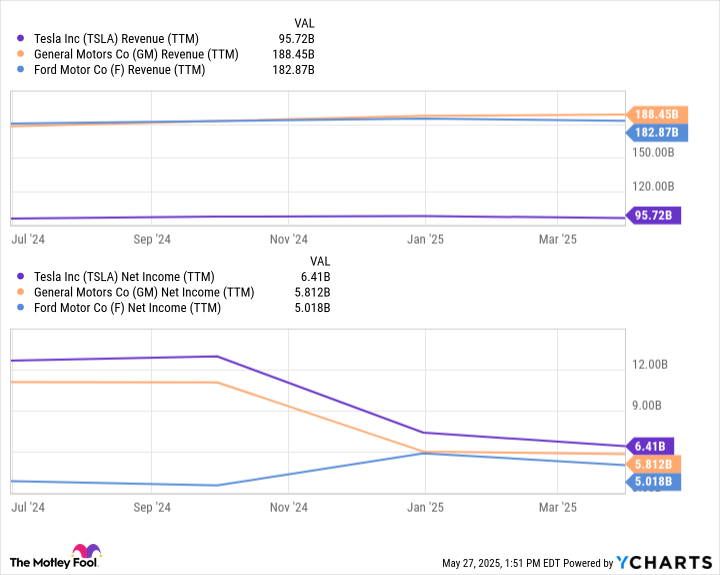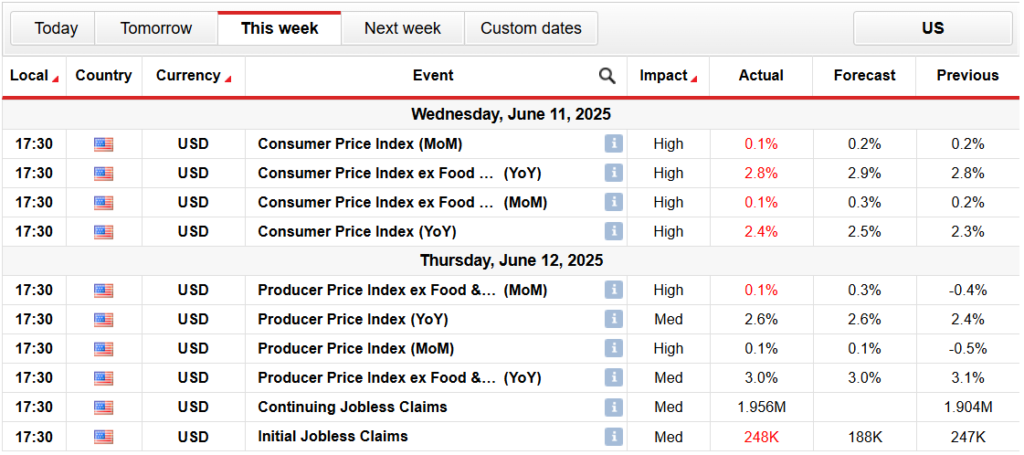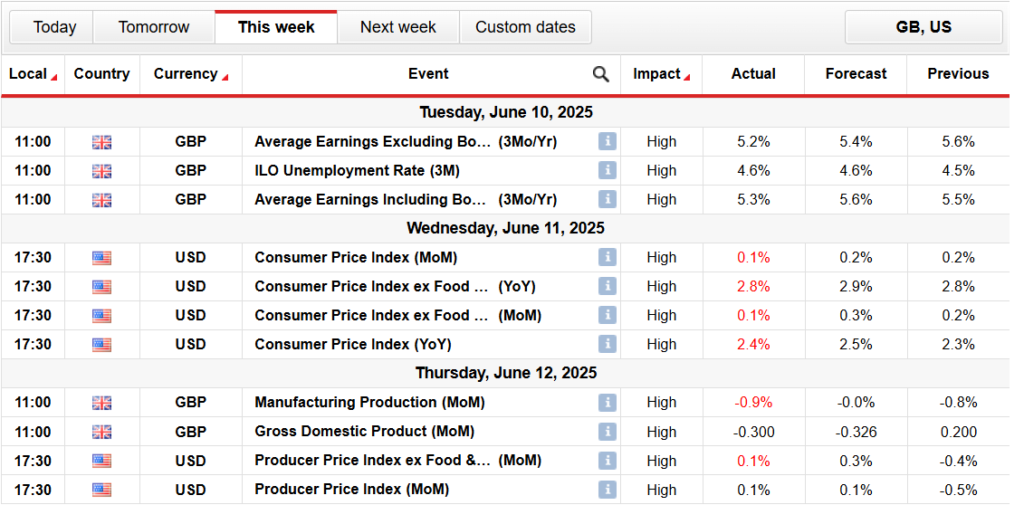Americans’ fears of the stock market crashing are skyrocketing as the economy remains uncertain and President Donald Trump’s tariffs take effect, according to a report by predictive consumer data company Resonate.
Nearly 26 percent of the population worries that Wall Street might hit rock bottom, says Resonate, and concerns of a broader economic slowdown have increased by 17.5 percent to 46 percent.
Why It Matters
Widespread tariffs and stock market upheaval have characterized Trump’s second presidency, and in March he said the U.S. was facing a “period of transition,” as opposed to a recession.

An American flag sits on a desk at the New York Stock Exchange (NYSE) at the opening bell on June 13, 2025, in New York City.
ANGELA WEISS/AFP via Getty Images
What To Know
Growing anxiety over the future of the U.S. stock market has intensified in recent months, driven by political uncertainty and volatile policy shifts. Market turbulence in the wake of recent government actions, especially under Trump‘s administration, has led to heightened fears about the stability of both Main Street and Wall Street.
“People are naturally concerned about the next market crash and this time is different,” Kevin Thompson, the CEO of 9i Capital Group and the host of the 9innings podcast, told Newsweek. “Most of the people at or near retirement explicitly remember how they felt in 2008-09, and do not want an occurrence of that magnitude.”
Alongside stock market crash fears, personal finances are slipping as well, the report found. The number of people feeling “somewhat worse off” financially rose 24 percent from March, while financial stability sentiment dropped by 8.5 percent.
The public’s apprehension is further complicated by the administration’s ambitious trade policy shifts.
More than 100 days into Trump’s second term, the White House has attempted to reassure supporters amid fears of recession and rising prices. Trump and his aides have alternately denied the likelihood of recession, blamed predecessors, and warned that economic pain may precede recovery.
Trump’s endorsed and House-passed Big Beautiful Bill Act would add $2.4 trillion to the U.S. debt, sparking concern among economists and everyday Americans alike.
Polls have shown significant partisan divides, most Republicans expressing continued confidence in Trump’s approach, despite broad public concern regarding the risks posed by tariffs and mounting international uncertainty.
Consumers have reacted by pulling back on big purchases, whether it’s home or vehicle sales, the report found. Even subscription cancellations rose to 29 percent. And 45 percent of consumers said they weren’t planning to travel this fall amid the economic uncertainty.
Shoppers have also turned to cheaper brands, with 48 percent of survey respondents saying they had chosen more affordable options, up 6 percent. Roughly 36 percent also said they had reduced nonessential purchases.
What People Are Saying
Trump told reporters in March: “Our country had to do this. We had to go and do this. They’ve taken away, other countries have taken away our business, they’ve taken away our jobs. I did it initially very strongly against as you know China and some others in the first term.”
Drew Powers, the founder of Illinois-based Powers Financial Group, told Newsweek: “We have seen some incredible volatility in 2025, so it is no surprise people are worried. We already saw a 20 percent drop in just 6 weeks earlier in the year. We see the markets dip every time tariffs are brought up or when there is an especially violent day in Ukraine or Israel. The world is interconnected, and the 24-hour news cycle is practically inescapable.”
Kevin Thompson, the CEO of 9i Capital Group and the host of the 9innings podcast, told Newsweek: “Fears are valid, regardless of what the market pundits may say. We are running a deficit that needs to be addressed yet ignored. Will the market continue to trudge along its merry path? Perhaps, but we have “never” been confronted with deficits expanding this much and being this high.”
Alex Beene, a financial literacy instructor for the University of Tennessee at Martin, told Newsweek: “Concern over the stock market is more than likely down from the highs of two months ago, when initial tariff announcements were met with a monumental decline in the span of just a few days. However, that doesn’t equate to worry being completely mitigated; many investors are still fearful if trade talks between the United States and other countries aren’t productive, it could trigger those steep falls to return. Pair that with many Americans feeling financially ‘tapped out,’ and you can understand the pessimism.”
What Happens Next
The reality of a stock market crash in the near future is not yet clear, experts say. Much of that depends on international trade and corporation developments.
“The reality of many of these factors is it’s too soon to tell. From tariffs to company performances, the next few months will give a better understanding of whether the future is indeed dark or more full of light than some expect,” Beene said.







